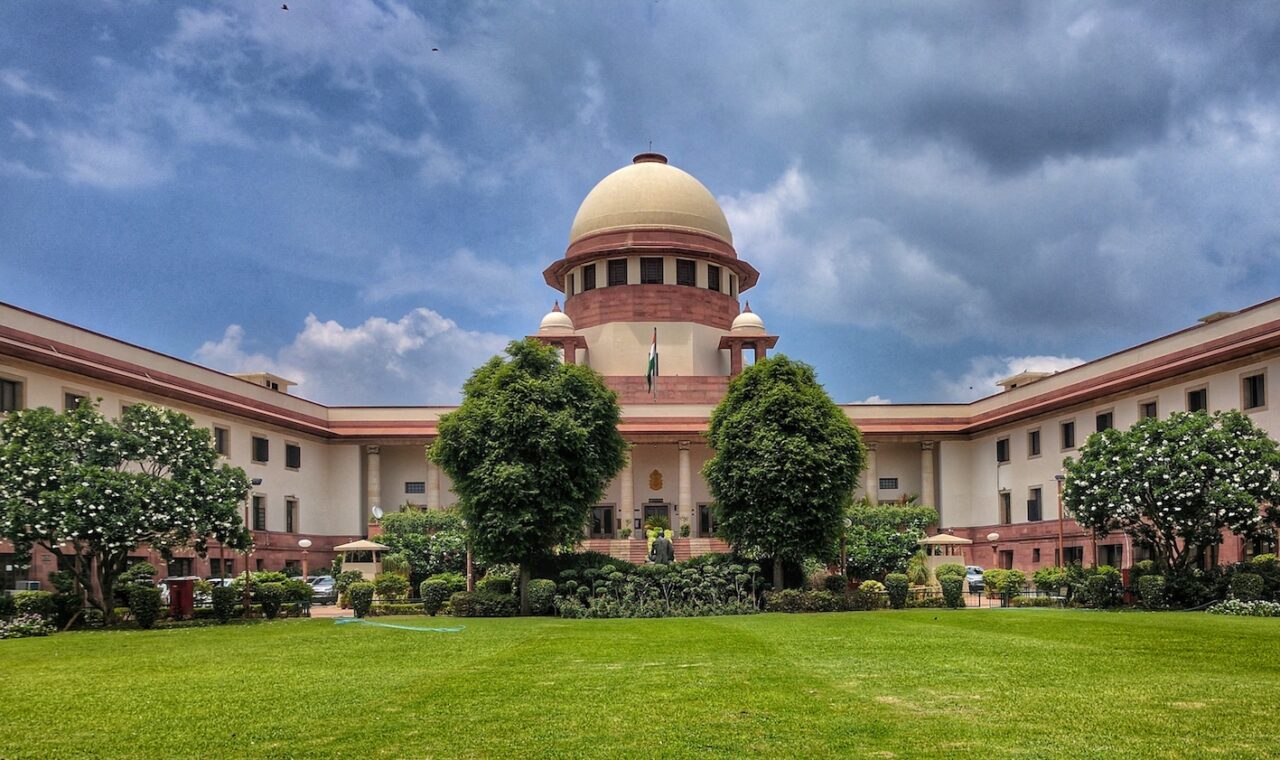While filling up these vacancies, the State shall adhere to the minimum required qualifying marks as devised during the process of selection and consider all eligible candidates and go strictly in order of merit. All selections done in accordance with these directions are deemed
to be Constitutional in nature and hence valid. This auspicious judgment was passed by the Supreme Court of India in the matter of PRAMOD KUMAR SINGH AND ORS. V. STATE OF UTTAR PRADESH AND ORS. [WRIT PETITION (CIVIL)NO. 465 OF 2020] by Honourable Justice Uday Umesh Lalit, Honourable Justice S. Ravindra Bhat and Honourable Justice Hrishikesh Roy.
This petition was filed under Article 32 and the following reliefs were sought-Direct the Respondents to rectify the final select list dated 11.11.2019 in terms of three parameters i.e. merit, preference, and reservation, and consider the Petitioners for appointment to the post of Constable PAC & Fireman seats meant for General Category Male Candidates which remained unfilled till date.
The principal grounds raised in the writ petition were that candidates in their reserve category in Constable (Civil) were wrongly shifted to open category on different cadre and the Respondents had filled only 1650 seats out of 2016 seats in Constable PAC Post and 446 seats out of 1038 in Constable Fireman Post.
The facts leading to this case were that UP Government had issued an advertisement citing that the selection process was to fill up 41610 posts of Police Constables. The petitioners had participated in the selection process as candidates of the General Category. In the results 38315 candidates were successful, thus, there were vacancies that were not filled as no suitable candidates were available.
The Court observed that “In the instant case concerning the selection of police constables, about 2312 vacancies had remained unfilled and additionally, there were 982 vacancies arising out of causes such as non-reporting of the selected candidates. In the circumstances, the directions given in Ashish Kumar Yadav and ors. v. State of Uttar Pradesh and ors are relevant.” Thus, UP undertook further selections and submitted an affidavit of compliance.
Later, in this writ petition it is submitted that certain candidates coming from ‘Reserved Categories’, who were initially selected against Reserved Categories’ seats, were now shown against ‘Open Category’ and, thus, the chances of ‘Open Category’ candidates to that extent stood prejudiced. According to the petitioners, there should not have been any
adjustment of the candidates who were already selected and all those seats should have been made available to the ‘Open Category’.
The Court observed that “In the affidavit-in-reply filed in the present matter, marks obtained by all the petitioners have been set out. The State has given details about the last selected candidates in various categories and has stated that the last selected person in the ‘General Male Category’ was one Pawan Singh (having secured 313.616 marks). Except for the petitioners at serial Nos. 22 and 24, who had secured 313.616 marks, none of the 48 petitioners had secured marks in excess of 313.616. It is also stated that since a large number of candidates had secured exactly 313.616 marks, the tiebreaker principle was adopted in which these two petitioners got eliminated.”
Additionally, “The process adopted by the State Government as is discernable from the affidavit of compliance shows that List-I dealt with the candidates selected in ‘Open Category’ while Lists II, III and IV pertained to the candidates selected in ‘OBC/SC/ST categories respectively. List-I comprised of two kinds of candidates. First, those who were initially selected in their respective vertical reserved categories (OBC/SC/ST), but depending on their merit, were found entitled to be put in ‘Open Category’; and secondly, new candidates who were selected on the basis of their merit in various categories.”
Thus, the Court stated that “It is not the grievance of the petitioners that any candidate who had secured marks lesser than the petitioners, has been selected. The challenge is to the shifting of candidates, who were earlier selected against posts meant for reserved categories, to the open category. the State Government and its functionaries were obliged to go strictly in order of merit and apply the principle of reservation. With the availability of 3295 additional posts, in the re-working exercise, if the candidates who were already selected against reserved posts were entitled to be considered against open category posts, that exercise cannot be termed as illegal or invalid on any count. These 3295 posts were part of the same selection process initiated in 2013 for filling up 41610 posts and as such the adjustment was rightly done by the State.”
Hence, the Supreme Court dismissed the writ petition.


